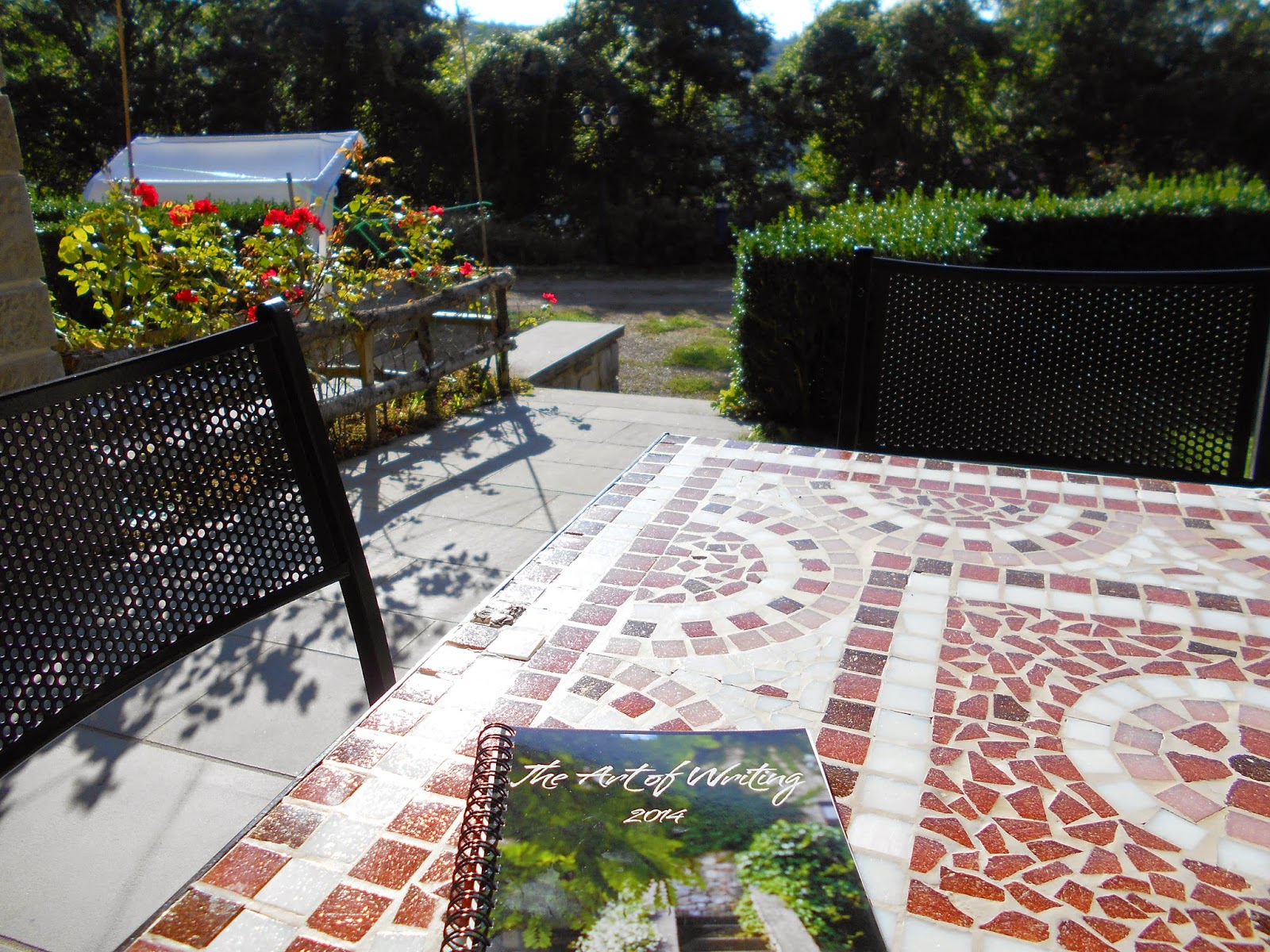By Jessica Everingham
Romance-junkies, which relationships do you
find most engaging—those in television, or those in movies?
As much as I love movies, for me the answer
is definitely TV. And as an aspiring romance novelist, that holds implications
for the way I develop my stories.
The biggest difference I see between the relationships
in TV shows, and those in movies, is time.
.jpg) In a
show it can take six seasons for characters to declare their feelings. By this
point they’ve built up a strong friendship, probably endured some
life-and-death experiences together, dated other people, gotten jealous,
fought, made up, and sacrificed for one another. And then, finally, they’ve
both admitted their love.
In a
show it can take six seasons for characters to declare their feelings. By this
point they’ve built up a strong friendship, probably endured some
life-and-death experiences together, dated other people, gotten jealous,
fought, made up, and sacrificed for one another. And then, finally, they’ve
both admitted their love.
In a movie, two people see each other. Five
to fifteen minutes later, they’re soul mates, and spend the rest of the movie
fighting the bad guys or their respective inner demons.
Nothing wrong with either method. But
personally, I find television far more addictive. Which raises the question;
have us novelists (or aspiring novelists, in my case) gotten far too used to
speed dating?
Imagine for a moment, if there was a book
version of Castle? The Mentalist? Or
[insert your favourite TV show here]? Dozens of shows capitalize on the
slow-burn-friendship-turned-true-love. And while the ‘instant heat’ method is a
proven success for books, is the alternative an under-utilized tool?
Jenny B Jones has pulled this off with
flair in her novel, Save The Date.
There’s heat in the book from the start, but Lucy and Alex’s relationship is
built on shared experiences and a whole lotta sarcasm, over a period of several
months. By the end of the story you know this romance will survive anything—
whether it’s temperamental teenagers, a political rat race, a family tragedy or
outrageously embarrassing relatives. Because they’ve already done it all.
Another great example in mainstream fiction
is Veronica Roth’s Divergent series.
Four and Tris have very realistic insecurities that affect their relationship,
yet they’re mesmerizing together. They fight, they doubt, and they fear, but
above all, they make the decision to stay together. The third book, Allegiant, contains the most romantic
line I’ve ever read, spoken by main character Tris:
“I fell in love with him. But I don't just stay with him by default as if there's no one else available to me. I stay with him because I choose to, every day that I wake up, every day that we fight or lie to each other or disappoint each other. I choose him over and over again, and he chooses me.”
Doesn’t that just make you go, “Awwwwwwwwwwwwwwww”? Wouldn’t it be fabulous if a love like
this was not so rare, even in fiction?
It’s a little outside the box. It’s a little unique. It’s a little scary.
But it’s a lot of fun.
P.S. To all Castle fans, after writing
this I discovered that there IS a book version. J J J
Jessica Everingham is a 23 year-old Australian
who writes about God and love, and often combines the two. Her
novel-in-progress, Hating Jeremy Walters,
is a prime example.
Check out a sneak peek of her book through her
website, jessicaeveringham.com, or connect with with Jess on Facebook, (www.facebook.com/jessicaeveringhamwriting)
and Twitter (@JessEveringham).




















